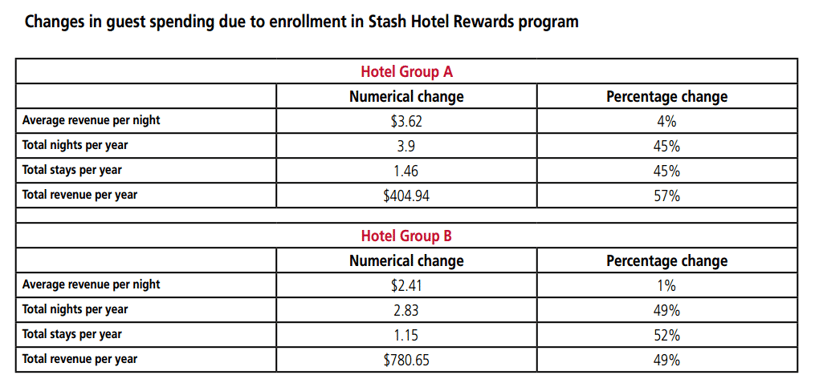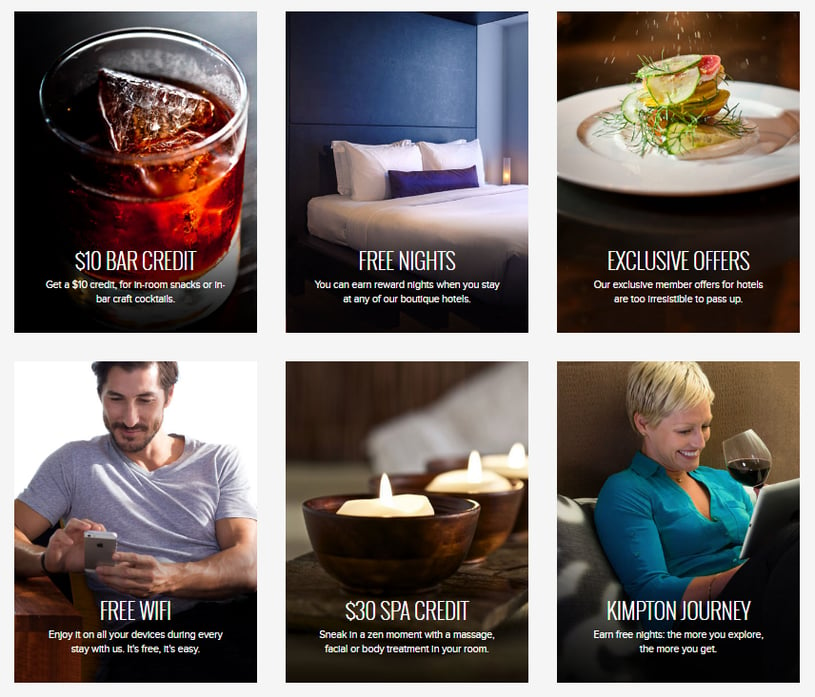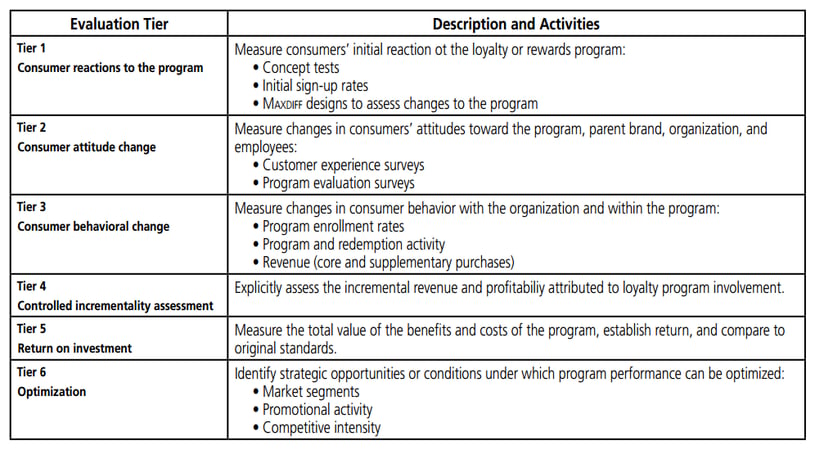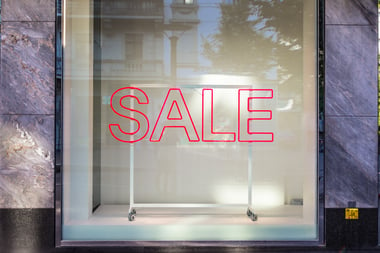Loyalty programs for small, independent hotels are one of the most cost-effective ways to drive direct bookings and increase the lifetime value of guests. Major hotel chains are making a big push with loyalty programs as a part of their strategy to drive direct bookings.
These major chains rely mostly on points-based programs. Independents, however, have the flexibility to be a little more creative. They’re focusing on immediate rewards and unique offerings, which are instantaneous and offer more value to customers.
There are undeniably challenges to setting up a successful loyalty program – there’s a lot to consider! However, once up and running, they offer incredible value to independent hotels that leverage them properly.
We’re taking a good look at the factors that make them work:
- How much can loyalty programs benefit your hotel?
- Key factors of a successful loyalty program:
- What to Include: Immediate value
- Partnering With the Right Provider
- Keeping guests engaged and growing success
1. How Much Can Loyalty Programs Benefit Independent Hotels?
How much can your hotel get out of a successful loyalty program? The benefits are practically endless.
Let’s run the numbers.
Cornell’s Center for Hospitality Research, one of the most respected institutions in the hospitality industry, studied loyalty programs for independent hotels in “Assessing the Benefits of Reward Programs: A Recommended Approach and Case Study from the Lodging Industry”.
According to Cornell’s study, the following occurred for the independent hotels in their study when they brought in a loyalty program:
“While ADR for the loyalty program guests increased modestly, the number of annual room nights for each guest increased by nearly 50% for both hotel groups, increasing total revenue per year per enrolled guest by a similar amount.”
That’s a phenomenal amount of growth.
Cornell’s case study compares loyalty programs for two chains of independent hotels. For all the details, check out the paper here.
One important question is how hotel guests acted before the loyalty program was in place. In other words, were loyalty programs merely capturing guests who spent and stayed more often? The question has two parts:
- Is the program merely attracting people who were already the hotel’s best guests?
- If it is, is it changing their behaviour so they spend more?
The answers are both yes.
Both hotels found that guests who eventually joined the loyalty program were more valuable than other guests.
To figure out if these already-valuable guests spent more when they became loyalty members, Cornell took a look at historical data. They found that the loyalty program did increase revenue among members:

The numbers were remarkably similar for both hotel groups. Stays per year, nights per year and revenue per year all increased by an average of 50%.
The data doesn’t lie: membership makes a difference for guests. A properly-developed loyalty program gives you hotel measurable gains in direct bookings and revenue, and increases the lifetime value of your guests drastically.
What’s the key? A properly set up loyalty program that offers great incentives but keeps overhead as low as possible.
2. What are the Key Factors of a Successful Loyalty Program?
Find a Successful Partner to Work With
A major question for hoteliers whether you should create a loyalty program by partnering with a CRM provider, or join a group scheme.

CRM software options range from large ones such as Salesforce to ones specifically focused on the hospitality industry. CRMs for hotels include Guestware, Digital Alchemy, For-Sight, Guestfolio, Revinate and others.
Many of these CRMs bill themselves as companies with a duel focus on CRM and loyalty activities – that is, their products are all focused on driving loyalty. For example, many hospitality CRMs offer tailored email marketing tools, advanced analytics dashboards, and tools like automated pre- and post-stay emails.
Many independent hotels find it more practical to either connect with a company that’s already set up to run loyalty programs or work with a CRM provider, rather than tasking their revenue and marketing team with such a major undertaking.
One potential issue with group schemes is whether customers are becoming loyal to your hotel or to the rewards program – after all, they’ll be able to participate at the program’s other properties as well.
Partnering with a CRM provider to create your own loyalty scheme offers the advantage of creating a unique offering.
The bottom line is this: A good hotel CRM is an invaluable tool when you’re driving direct bookings, and creating a loyalty program that’s tuned to your guests is of incalculable benefit in the long term.
What Should Your Loyalty Program Offer?
So, what do your customers value in a loyalty program? Traditionally, points and perks are what nearly all large chains base their reward programs on. Key factors in their success include return on spend, unusual uses for hotel points, flexibility in redemption, and perks for membership.
However, the times are changing, and loyalty programs must changes with them. Today, immediate and uniquely valuable offerings offer a great deal more value to guests than long-term programmes like points.
This is especially true for independents. If guests can’t redeem points at a large number of properties across the globe, how much do they really matter?
The option many independent hotels are taking is to move away from points altogether, and shoot for instant and personally relevant rewards. Programs with a ‘punch’ often have more success with younger travellers.
If you’ve got a strong handle on what your guests love about you, work that in to your rewards. After all, you’re an independent – personalized service is one of your most valuable assets!
Would your guests like a box of truffles and a bottle of wine on arrival, the way the luxury independent iPeter collection does it? Or are simpler perks like free wifi, priority check-in and complimentary room upgrades more in line with your guests’ desires?
Try to stay away from simple, unmemorable rewards – after all, you’re trying to gain long term loyalty, not capture a single stay.
3. Keeping Guests Engaged and Growing Success
Use Communication and Value to Keep Guests Engaged
After you’ve developed a member base, you need to keep them active. They should be redeeming their points and engaging with your brand. How can you ensure that happens?
Skift’s 2016 study indicates that this is one of the biggest challenges for travel companies. The International Air Transport Association indicates that as many as 80% of US airline loyalty program members aren’t active. A report from Colloquy finds that active membership declines by roughly 2.5% annually.
Why? “Confusion and frustration are among the top reasons” for customers leaving or activity lapsing, Skift writes.
Communicate clearly and frequently with your loyalty program members. Highlight exactly how they can use their points and what perks they receive. Make the redemption process as easy as possible. This is one area where a CRM is an extremely valuable asset.
Make sure your incentive to sign up isn’t just a discount. If it is, it’s all about the price and not about the value.
Kimpton Hotels’ reward program, Kimpton Karma, doesn’t offer a discount, but they put a focus on instant value. Among more pedestrian offers like free WiFi and points, they give members a birthday offer, free access to the mini bar and more. At higher levels, they offer a $30 in-room spa credit, complimentary upgrades, complimentary chef specialties, restaurant credits and more.

At the highest level, you’re offered direct access to Kimpton’s CEO – now that’s value! Even if guests almost never use this, they’ll feel privileged to have it, and they won’t forget.
Your hotel needs to make your program memorable. It’s essential to market to your members in an engaging and clever way. Otherwise, you risk users forgetting they signed up in the first place.
Loyalty programs should avoid the expected and aim for the extraordinary:
One legitimate worry lurking in hoteliers mind is commoditization. It’s hard to have a unique loyalty program for your guests with a competitor set ready to mirror any successful feature.
As programs become more similar, they become less powerful. Revinate recently published an article arguing that points-based reward models are antiquated. They argue that hotels should focus on “more personalized surprise and delight experiences.”
If loyalty programs are all the same, guests can join as many as they like and reap the rewards, and hotels are left providing a universal discount.
Focus on the points of differentiation you can offer, and what makes your hotel itself unique, not just your loyalty program.
Loyalty programs are a long term commitment for your hotel – if you don’t follow through, neither will your guests.
Measuring Success: What are Your Loyalty Program’s Goals?
What do you hope to gain from your program? Is your hotel’s program focused on customer acquisition or increasing spend among existing guests?
What if your goals are to increase repeat bookings or to encourage direct bookings to avoid paying commission fees to OTAs?
Those are all extremely valid reasons to create a loyalty program, and they often overlap and go hand in hand.
Make sure you’re not confusing your goals. Have a properly developed, revenue-focused (instead of management-focused) strategy to measure your success.
The Tiered Analysis System
Cornell’s study offers a tiered approach: it involves matching the level of evaluation to the firm’s size and available data. That means if you have a 10 bedroom property, you can use it. You can also use it if you’ve got 500 rooms.
It’s a scalable way to look at your loyalty program, take the data in manageable chunks, and figure out what’s meeting your goals and what isn’t.
You can take a look at the details of the approach here – here, we’ll hit the highlights.
- The simplest option for hotels to monitor their program is customer surveys. Hotels can use customer surveys to find out how their guests feel about the program. Alternatively, they may rely on social media to monitor consumers’ assessment of the program and any changes to that sentiment.
- A more sophisticated approach is to look at customer attitudes, signup rates, and look at the data in terms of enrollments, points redemption activity and revenue. Hotels can evaluate program effectiveness at every level and maintain a regularly updated management dashboard for their program.
- At the most advanced level, hotels can “optimize their programs based on a comprehensive set of attitudinal, behavioural, and revenue data. “
Here’s a chart from the study listing activities at various tiers:

The amount of time and effort you put into analysing your loyalty program depends on the resources you put into it. It also depends how dedicated you are to evaluating the program.
We would recommend putting as much effort as possible into understanding how your loyalty program affects your revenue and your guests. Knowledge from accurate data is the only reliable way to grow profitability.
Conclusion
Loyalty programs carry huge benefits for hotels of all shapes and sizes. Properly developed and executed, these programs deliver positive revenue benefits in the short, medium and long term. They help you prepare for the future by getting your guests’ loyalty today.
Use your knowledge about your guests to create the right program for your guests and your hotel. Choose a provider with proven results, whose methodology you trust. A great loyalty program drives direct bookings and gives your revenue a lift – what are you waiting for?
Words by Tayor Smariga



